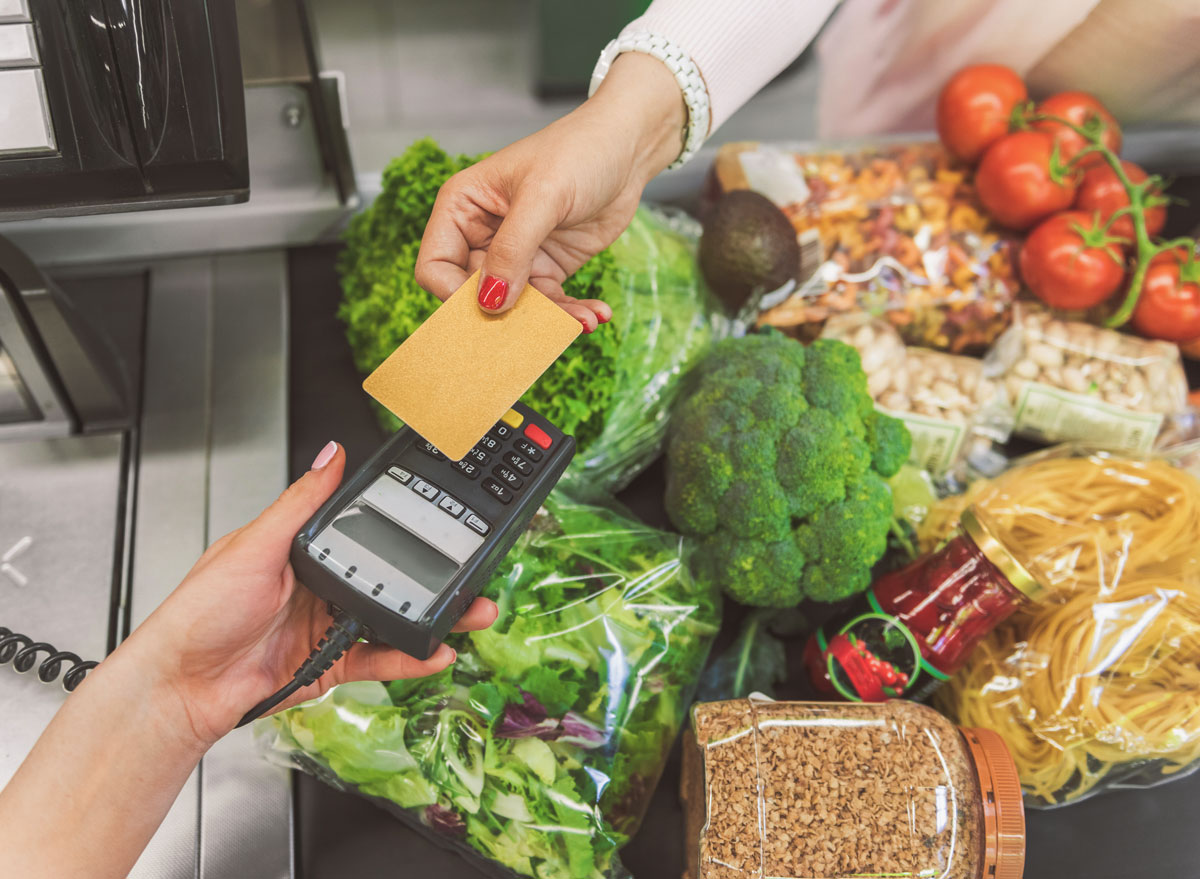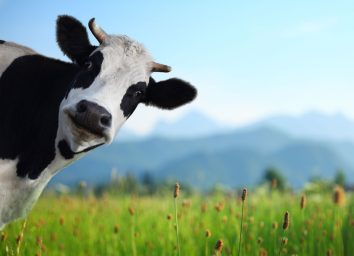How Meatless Mondays Can Save You Money And Help The Planet

Devoting a day to go meat-free didn’t use to be the norm. But over the past couple years, the trend has skyrocketed in popularity. The #MeatlessMonday hashtag is now more than 600,000-strong on Instagram, and all it takes is some scrolling to see why. The plant-based dishes people are creating—which range from hearty enchiladas and pastas to protein-packed grain bowls—look straight-up delicious.
Using Meatless Mondays as an excuse to experiment with vegetables and create healthier versions of your family’s favorites is only one of the perks. (Especially when you discover a new favorite meal out of it!) You can also experience impressive health improvements from eating less meat, build up your bank account, and help better the planet.
What are Meatless Mondays?
The history behind Meatless Monday is an interesting one. Unbeknownst to many, the original idea came from way back in 1917 during World War I when President Woodrow Wilson helped the country reduce its meat consumption by 15 percent. Then years later in 2003, The Monday Campaigns, along with the Center for a Livable Future (CLF) at the Johns Hopkins Bloomberg School of Public Health, brought the idea back to the forefront by launching an international campaign.
The campaign’s goal is to encourage people to eat less meat just as Wilson did, even if that’s just one day of the week. By doing so, the hope is to help improve people’s health, as well as save the planet. Right after the weekend, it’s a day everyone automatically gets a fresh start, and the thought is that making healthy choices first-thing can fuel a week of healthy behaviors. So, how exactly do you go about being part of the Meatless Monday crew yourself?
There’s really only one rule to Meatless Monday: Cut out meat. Instead, fill your plate with all the delicious plant-based sources of protein available, whether that’s beans, lentils, and quinoa, or tempeh, tofu, and seitan. Maybe all of the above. Doing so can seriously benefit your health, helping decrease your risk of heart disease, stroke, and diabetes, as well as help you meet your weight-loss goals. There’s not much more filling and nutritious than a veggie-loaded plate.
How Meatless Mondays can save you money.
There’s a serious misconception about the cost of eating a more plant-based diet. It might seem like stocking up on veggies would be super expensive, but that’s not the case at all—especially when compared to meat. According to data from the United States Department of Labor, the average price of meat per pound in March 2019 was $4.25 while the same amount of veggies came in at $1.80 due to the major differences in getting them to your plate, including processing and transportation.
Another reason you’ll likely save money is because of how much longer those veggies will last you. Just imagine the amount of beans or broccoli you could get for a pound. Now, think back to how little of those foods you need to eat before you feel stuffed. Due to the protein and fiber they contain, research has found eating a plant-rich diet makes you less likely to eat later on than meals based around meat. (Which is why eating more veggies is one of the ways you can feel fuller while eating less.) And when your groceries can spread out more throughout the week, your wallet will be much happier.
How Meatless Mondays help the planet.
Aside from bettering your health and bank account, Meatless Monday also plays an important role in helping the planet. The meat industry, as well as the dairy and egg industries, are some of the biggest producers of global greenhouse gas emissions, which contribute to climate change. On the other hand, the Environmental Working Group (EWG) says high-protein plant foods, including lentils, tofu, and beans, produce the least amount of greenhouse gases.
Aside from the greenhouse gas emissions that come from producing meat, other practices involved in the process—including the use of pesticides and fertilizer—have a negative impact on the environment as well. Due to the large amounts of toxic manure that enters rivers, streams, and the ocean, water sources become polluted. Meat production also uses a large amount of water. Data shows a hamburger requires 660 gallons of water to produce while a salad uses just 21 gallons.
Luckily, being part of Meatless Mondays couldn’t be easier these days. Not only do you have all the fruit and veggies in the world at your fingertips, but there are also plenty of plant-based protein options that will completely satisfy, like the Beyond Burger or Impossible Burger. Who knows—after how great you feel, you might just extend the challenge to the end of the week.








